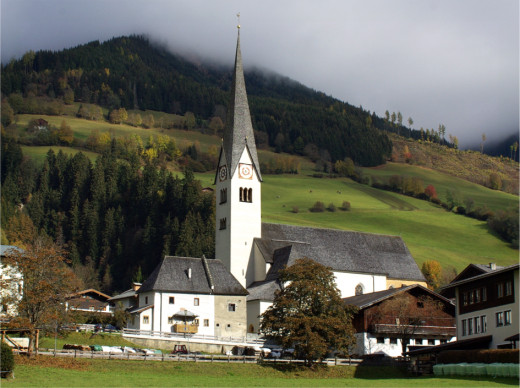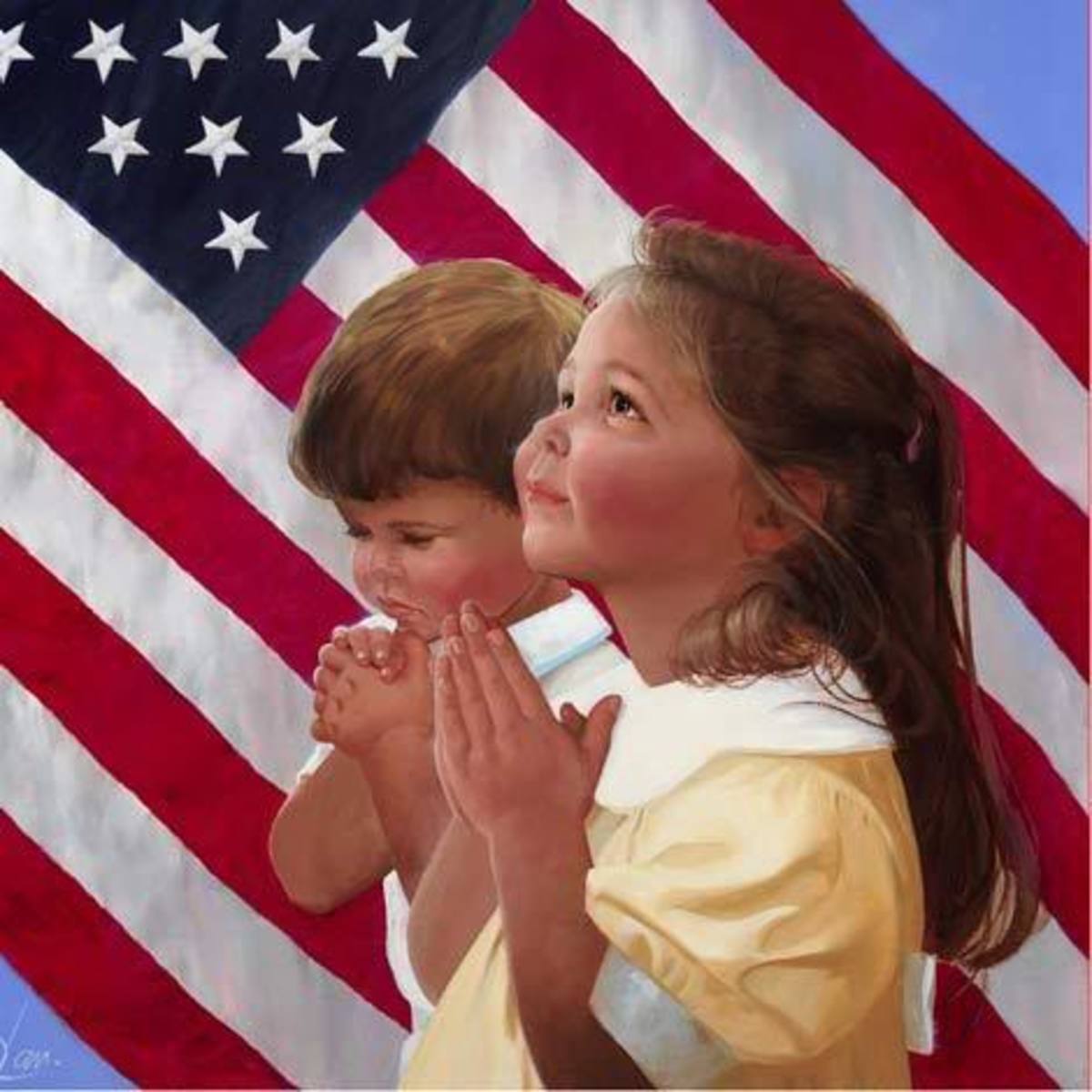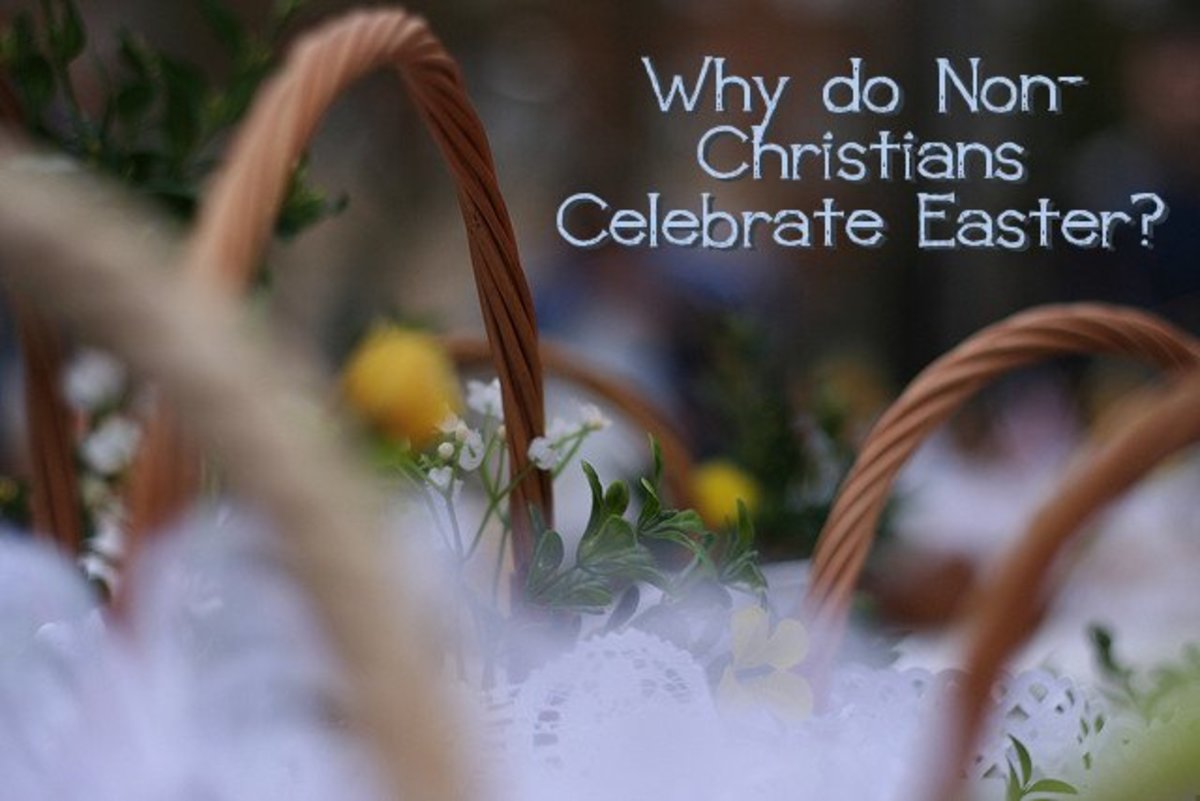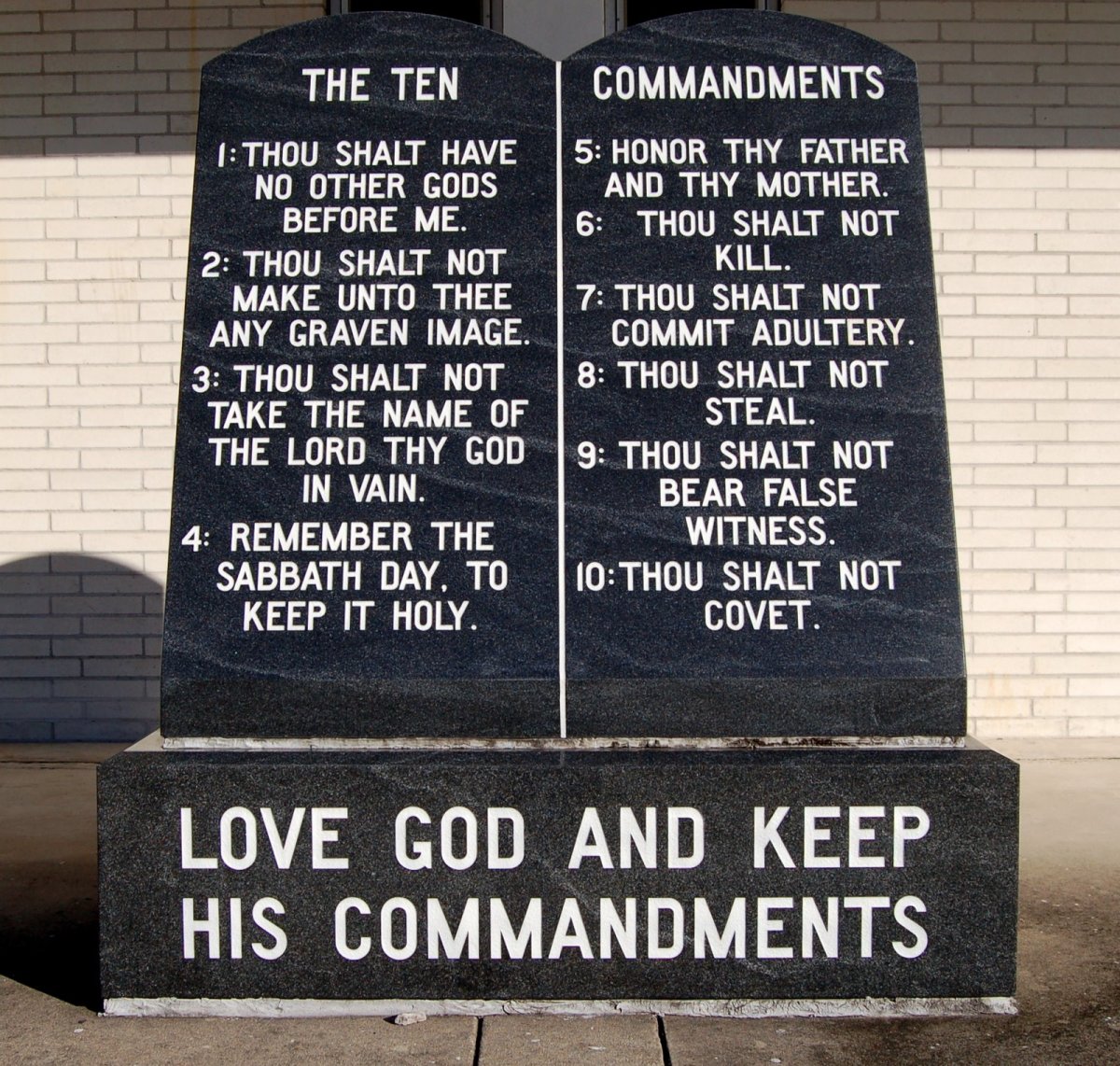Why This Conservative Christian Supports the Separation of Church and State
Before We Begin
I am a member of a conservative Christian denomination: not a fringe group, but, in fact, the second-largest denomination of Christians on the planet: about ten per cent of the people in the world (not just ten per cent of Christians) belong to the same denomination. Our practices are not generally well-known, however, so we suffer from a lot of misunderstandings.
And, yes, even though my faith is conservative, I am a political progressive.

Why Separation is Important
In my faith, we have certain practices that are ordinary to us, but strange to other people. We have set, prescribed prayers to be performed at certain times of day; we have fasting periods, and women are enjoined to wear modest dress. In addition, we have a different calendar, so our religious festivals fall on days that are different from the Gregorian calendar in common use. We have different music, and do not use musical instruments in worship. Our clergy have beards and long hair.
We also do not proselytize, but seek to draw others in by our practices and behavior as Christians.
What do you think?
Should one denomination's religious practices (such as prayer in school) be required for everyone?
Walk a Mile in Someone's Shoes
When I look at the Christian practices that others attempt to impose on the general public, I see that many of them conflict with my own practices. I do not wish to be forced to worship like Protestants or Evangelicals or any other denomination, but to pray my own way, at my own times, in the way my faith prescribes. I do not wish to be forced to use a calendar my church does not recognize, or be denied the practice of my religious holidays, which we observe differently. And I do not wish to be prevented from doing what my church prescribes for my salvation.
When I read the Bible, I see that Jesus said, "Do unto others as you would have them do unto you." I look around at my friends, who are a happy conglomeration of atheists, Buddhists, Protestants, Unitarians, Roman Catholics, Muslims, neo-pagans, and Hindus, and I put myself into their shoes, and say: I don't want to be forced to observe religious practices that are contrary to my faith, and I am sure they don't want to be forced to do that either.
“A truly free society protects all faiths, and true faith protects a free society.”
― Rick Warren
It Works the Other Way, Too
The United States was founded on certain principles, and one of those basic principles is the separation of Church from State. When politics or issues are preached from the pulpit, then one's faith can suffer, because what we are as public citizens, and what we believe may be in conflict.
Thus, as a citizen of the United States, I may believe in the freedom to live in a certain way that conflicts with my religious practices. For example, even if my church believes that caffeine is wrong, I might think it is okay if others use caffeine.
If I am threatened with excommunication because I vote in a way that reflects my belief in the First Amendment's anti-establishment clause, then my religion and my duty as a citizen come into conflict, and I may be faced with the decision whether to save my soul or vote my conscience to not infringe others' freedoms.
Approximate Number of Religious Adherents in the United States
Denomination/Religion
| Number of Professed Adherents
|
|---|---|
Roman Catholic
| 68 million
|
Methodist
| 7.7 million
|
Lutheran
| 4.7 million
|
Presbyterian
| 2.2 million
|
Episcopal
| 2.1 million
|
Baptist
| 16 million
|
Church of Christ
| 1.1 million
|
Disciples of Christ
| .69 million
|
Society of Friends
| .35 million
|
Eastern Orthodox
| 1 million
|
LDS
| 6.3 million
|
Judaism
| 5-6 million
|
Islam
| 2.6 million (estimated)
|
Hindu
| 1.2 million
|
Buddhist
| 3.7 million
|
Data from Wikipedia
As one can see from the table above, most adherents would be considered a minority. If a minority of citizens can impose their religious practices on the majority, then what good is the First Amendment protection of freedom of worship?








